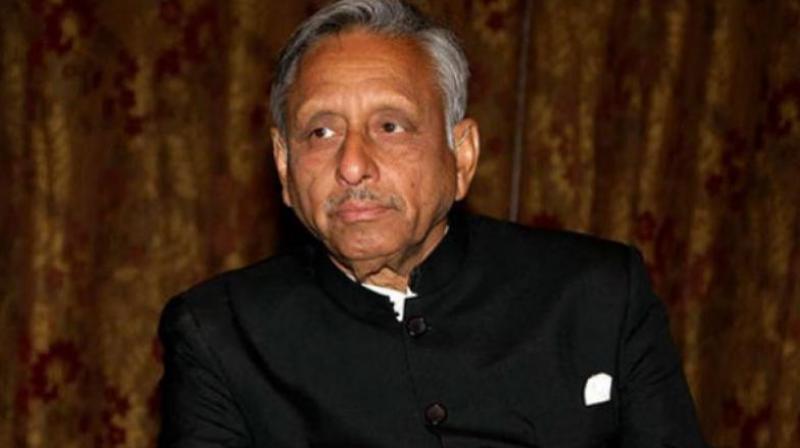Some Nepal lessons for India's Left, others too

CONGRESS politician and peace activist Mani Shankar Aiyar is being branded by Prime Minister Narendra Modi’s ruling cabal as an anti-India conspirator working with Pakistan to depose the BJP government in Gujarat, and to instal a Muslim chief minister there. It’s a poor man’s version of the Democratic allegation against Donald Trump whose presidency is supposed to have been won for him by Russia. Cock and Bull used to be two rival coach inns on the way from London to Manchester. Drunken exaggerations and distilled tosh were their contribution to many areas of pseudo-expertise, hence cock-and-bull stories, akin to what Mr Modi’s Hindutva practitioners seem to revel in. If they had been keen observers of events in the neighbourhood, they would know better. It is the robust and resurgent Nepal they should fear, not an exhausted and internally haemorrhaging Pakistan. Let me explain why.
There was a time when India’s ascendant right-wing doctrine anchored its future in Nepal’s regressive monarchy. Successive monarchs were graded as Shri Teen and Shri Paanch, expressing the potency of divinity they claimed as the incarnation of Lord Vishnu. Over time, the rulers became better known for the loot and plunder of their impoverished country. Now the Shahs and the Ranas are in the doghouse or in exile, even as some of their fellow claimants to divinity in India, the so-called godmen, are lodged in jail. It was a pleasure to see secular ballot boxes being emptied at the self-assured counting centres of the new nation where a popular Communist alliance of former rivals is headed for a landmark election victory. Like their Indian counterparts, Nepali Communists and Maoists are misnomers for idealist romantics who are Hindu social democrats but of a staunchly secular persuasion. That’s how Nehruvian India used to be up to Indira Gandhi’s first term.
Nepal’s results are presenting a huge contrast to the groaning and moaning going on in India, where tired and abused people and their clueless leaders have been hoping, mostly without a strategy, to figure out how to evict fatalism from their midst. Religious fatalism that once dogged the erstwhile Hindu kingdom shores up an abysmally mediaeval ruling mindset in India. Of course, Indians will get their chance in 2019 regardless of the outcome of the Gujarat elections. Many among the worried Indians are focused on the questionable electronic voting machines, which are indeed a threat to representative democracy if reports of their hacking are true. The results from Nepal offer a lesson about the importance of the old workhorse, transparent ballot papers, a fairer if not always a flawless route to test the popular will. There are, however, other important messages from Nepal to Indians. A paramount message is about how to stay independent when caught between two giant neighbours. Another message is a more direct appeal to the sectarian and querulous people of India, about how they too can win the battle for democracy against religious hypocrites, by channelling their energies together. It is evident also that what passes for Communist ideology in Nepal is an improved variant of any robust democracy.
A message the Indian Left can glean is that the Communist victory in Nepal became certain when the two biggest Left parties formed an alliance ahead of the elections. They also announced that they would work for their formal merger after the election. In India, it means the numerically weaker comrades have to seek out a common agenda with the secular Opposition, including the Congress. Allow me to believe that the Nepali message for Rahul Gandhi is firm and clear also. His Congress’ habit of visiting temples or other religious places to woo electoral support is not the best strategy to pull his country out from officially fuelled ignorance saddled on the world’s highest corpus of illiterate adults.
By arrangement with Dawn

